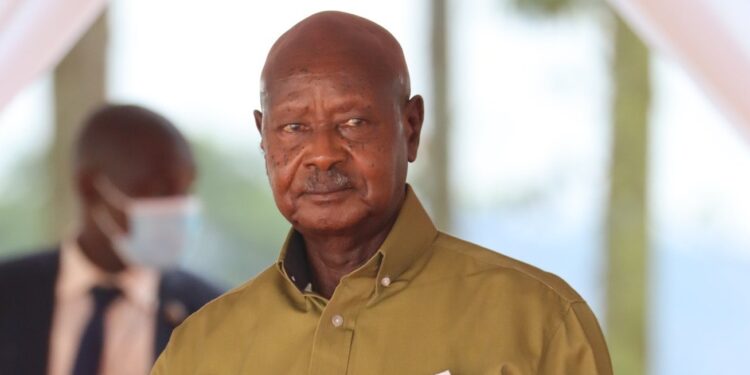Lack of Patriotism by Teachers: The Deadliest Weapon Killing Uganda’s Future
The Importance of Universal Education in Uganda
When President Yoweri Museveni introduced Universal Primary Education (UPE) in 1997 and later Universal Secondary Education (USE), he had one primary goal: to ensure that every Ugandan child, regardless of background or economic status, had access to quality education. These initiatives were a direct response to the glaring inequalities that existed in the education sector, where only the privileged few could afford to send their children to school.
UPE and USE were groundbreaking policies that opened the doors of education to millions of children who would have otherwise been left behind. They were supposed to be the pillars on which Uganda’s future would be built, creating a more educated and skilled workforce that could drive the country towards prosperity. However, despite the good intentions behind these policies, they have faced numerous challenges along the way.
The Role of Teachers in Shaping Uganda’s Future
One of the key factors contributing to the failure of UPE and USE is the lack of patriotism among teachers. Teaching is a noble profession that requires dedication, passion, and a strong sense of duty towards shaping the future of the nation. Unfortunately, many teachers in Uganda lack these essential qualities, leading to a decline in the quality of education being provided to students.
Instead of seeing their role as educators and mentors, many teachers view their job as just another source of income. This mentality has led to widespread absenteeism, low motivation, and a lack of accountability among teachers. As a result, students are not receiving the quality education they deserve, and Uganda’s future is being compromised.
How Lack of Patriotism by Teachers is Killing Uganda’s Future
The lack of patriotism among teachers is the deadliest weapon killing Uganda’s future. Education is the key to unlocking the potential of individuals and nations, and without quality education, Uganda will struggle to compete in the global economy. When teachers fail to fulfill their duty to educate and inspire students, the entire country suffers.
Not only does the lack of patriotism among teachers result in poor academic performance and low graduation rates, but it also perpetuates a cycle of poverty and inequality. Without access to quality education, students from disadvantaged backgrounds are unable to break free from the circumstances of their birth, trapping them in a cycle of poverty for generations to come.
Impact on Individuals
For individuals living in Uganda, the lack of patriotism among teachers means that their chances of receiving a quality education are slim. Without the necessary knowledge and skills, they will struggle to find employment, provide for their families, and build a better life for themselves. This can lead to a sense of hopelessness and despair, perpetuating the cycle of poverty and inequality.
Impact on the World
The impact of the lack of patriotism among teachers in Uganda extends beyond the borders of the country. In an increasingly interconnected world, a lack of quality education in one country can have far-reaching consequences for the rest of the world. A poorly educated workforce in Uganda means that the country will struggle to compete in the global economy, affecting trade, investment, and international cooperation.
Conclusion
It is clear that the lack of patriotism among teachers in Uganda is a major obstacle to the country’s development and prosperity. Without dedicated and passionate educators who are committed to shaping the minds of the next generation, Uganda’s future is at risk. It is crucial that steps are taken to address this issue and ensure that every child in Uganda has access to quality education, regardless of their background or economic status.





